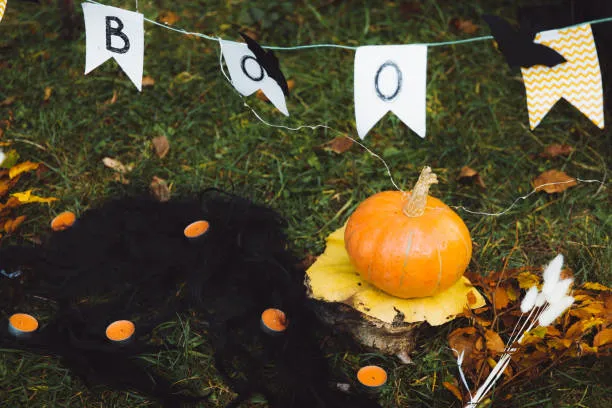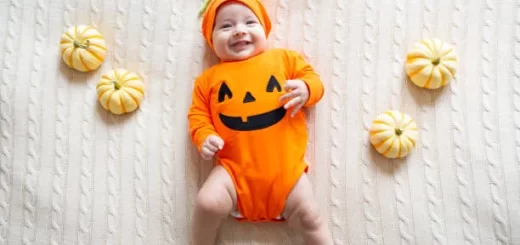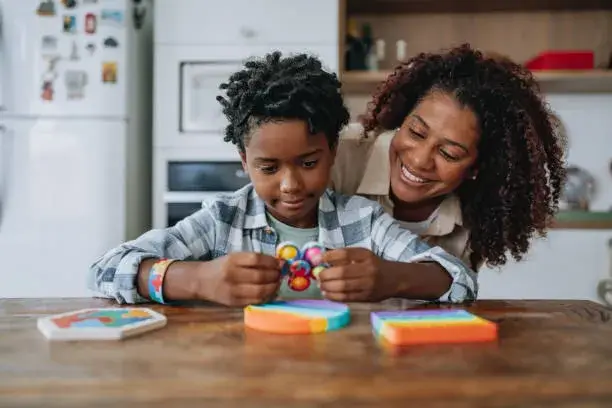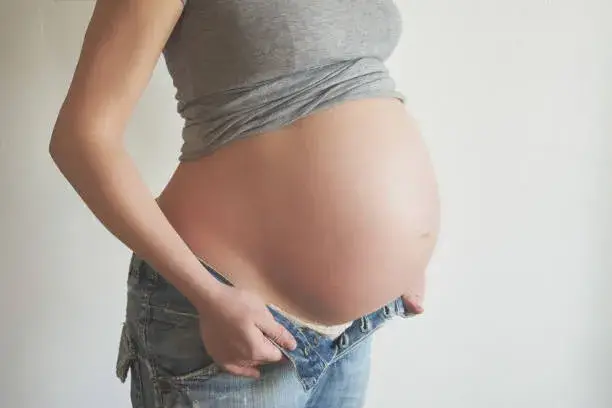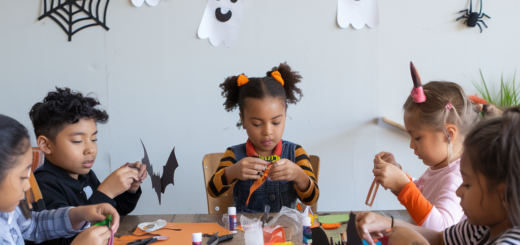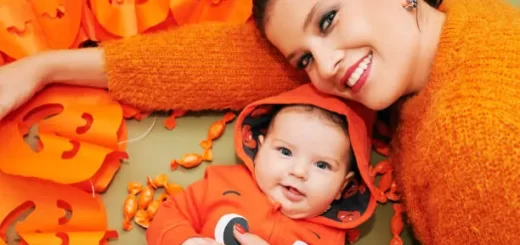Best Diapers for Babies in 2024
Choosing the best diapers for your baby is essential for their comfort, health, and well-being. With so many options on the market, it can be overwhelming to find the perfect fit. In this comprehensive guide, we’ll explore the best diapers for babies, including different types, key features, and top recommendations to help you make an informed decision.
Introduction to Baby Diapers
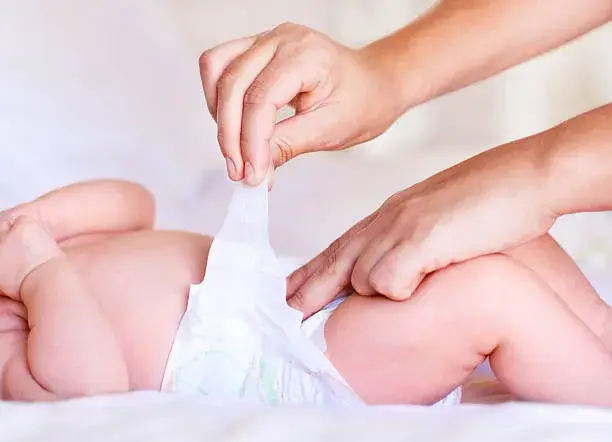
Diapers are a crucial part of caring for your baby, ensuring they stay dry, comfortable, and rash-free. With advancements in diaper technology, parents now have a wide range of options to choose from, including disposable, cloth, and eco-friendly diapers.
Types of Baby Diapers
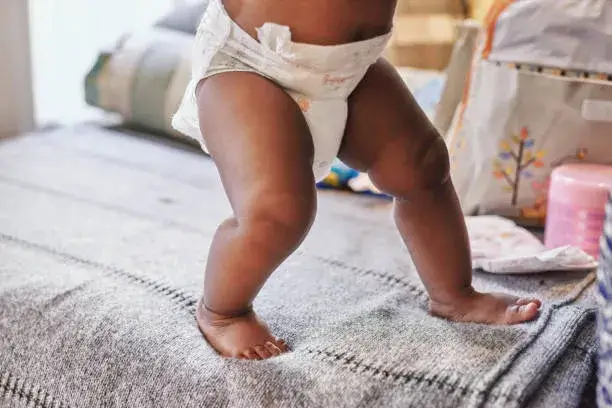
- Disposable Diapers: Convenient and easy to use, disposable diapers are designed for single use and are made from absorbent materials that lock in moisture.
- Cloth Diapers: Made from natural fibers or blends, cloth diapers are reusable, environmentally friendly, and cost-effective over time.
- Eco-Friendly Diapers: These diapers are made from sustainable materials and are designed to be biodegradable or compostable, reducing environmental impact.
Factors to Consider When Choosing Diapers
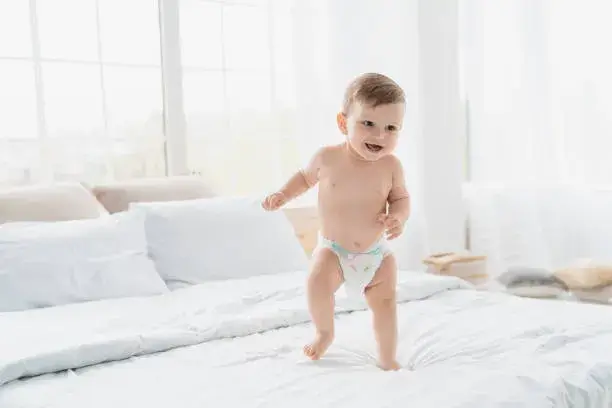
When selecting diapers for your baby, consider the following factors:
- Absorbency: Look for diapers with high absorbency to keep your baby dry and comfortable.
- Fit and Size: Ensure the diaper fits well around the waist and legs without being too tight or too loose.
- Comfort: Choose diapers made from soft, breathable materials that are gentle on your baby’s skin.
- Leak Protection: Opt for diapers with strong leak guards to prevent messes.
- Skin Sensitivity: If your baby has sensitive skin, look for hypoallergenic diapers free from fragrances, dyes, and chlorine.
- Eco-Friendliness: Consider eco-friendly options if you’re looking to reduce your environmental footprint.
Top Picks for the Best Diapers for Babies
Best Disposable Diapers
1. Pampers Swaddlers

Features: Superior absorbency, wetness indicator, soft and breathable materials, hypoallergenic.
Pros: Excellent leakage protection, very soft and comfortable, widely available.
Cons: Can be more expensive compared to other brands.
2. Huggies Little Snugglers

Features: GentleAbsorb liner, wetness indicator, pocketed back waistband, hypoallergenic.
Pros: Great fit and absorbency, good for sensitive skin, effective leak protection.
Cons: Some parents find them bulkier than other brands.
3. Luvs Ultra Leakguards

Features: Nightlock Plus technology, triple leak guards, affordable price.
Pros: Budget-friendly, good absorbency, money-back guarantee.
Cons: Not as soft as premium brands, fewer size options.
Best Cloth Diapers
1. Nora’s Nursery

Features: All-in-one design, adjustable snaps, stay-dry inner layer, one-size fits most.
Pros: Easy to use, highly absorbent, adjustable for growing babies.
Cons: Higher upfront cost, requires more washing.
2. GroVia Hybrid Diapers
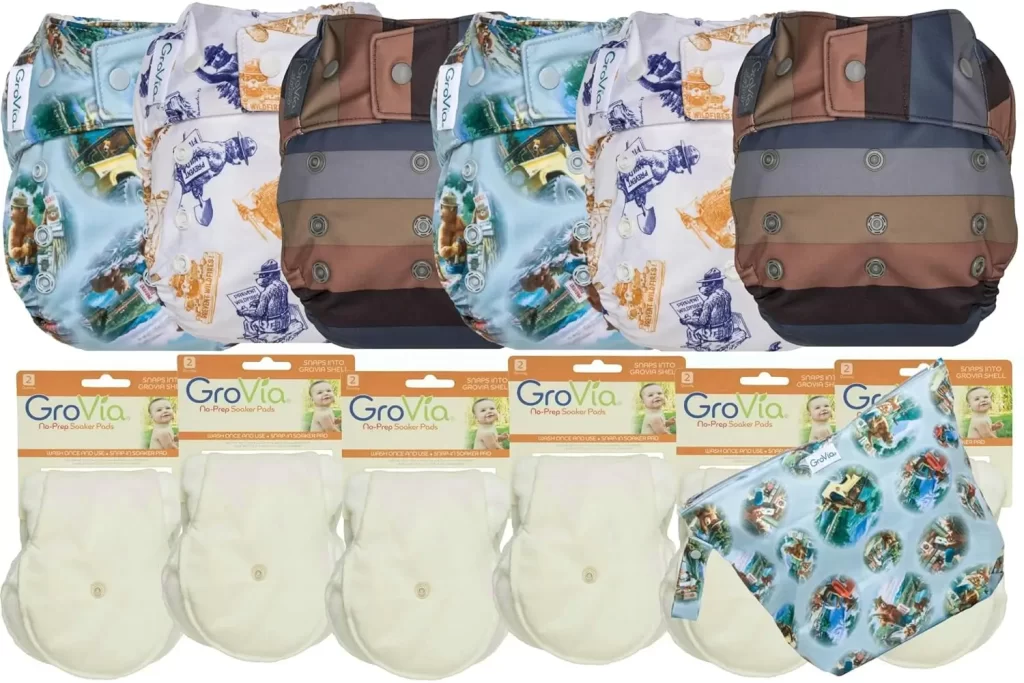
Features: Hybrid system with reusable and disposable inserts, adjustable snaps, waterproof outer shell.
Pros: Versatile, eco-friendly, good for sensitive skin.
Cons: More complex than traditional cloth diapers, higher initial investment.
3. Thirsties Duo Wraps

Features: Two-piece diaper system, adjustable size, waterproof cover, double leg gussets.
Pros: Excellent leak protection, customizable absorbency, economical.
Cons: Requires separate inserts, more steps involved in changing.
Best Eco-Friendly Diapers
1. Honest Company Diapers

Features: Plant-based materials, hypoallergenic, chlorine-free, fun designs.
Pros: Eco-friendly, gentle on skin, stylish designs.
Cons: Higher price point, not as widely available.
2. Seventh Generation Free & Clear

Features: No fragrances, lotions, or chlorine bleaching, FSC certified, hypoallergenic.
Pros: Environmentally friendly, good for sensitive skin, effective absorbency.
Cons: Can be more expensive, some parents report fit issues.
3. Bambo Nature Diapers

Features: Eco-friendly, breathable materials, highly absorbent, certified skin-safe.
Pros: Extremely gentle on skin, biodegradable, high absorbency.
Cons: Higher cost, limited availability in stores.
How to Choose the Right Size Diaper
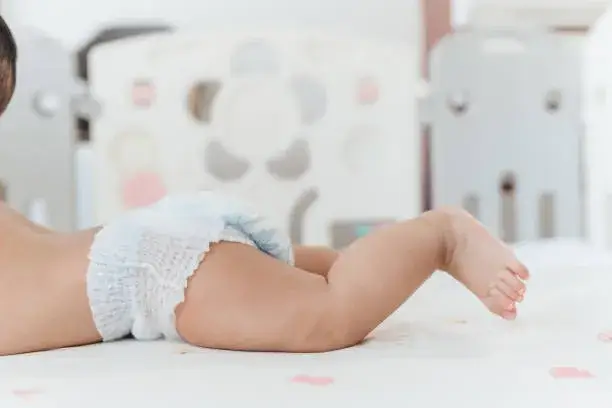
Choosing the right size diaper is crucial for your baby’s comfort and to prevent leaks. Here’s a general size guide based on weight:
- Newborn: Up to 10 lbs
- Size 1: 8-14 lbs
- Size 2: 12-18 lbs
- Size 3: 16-28 lbs
- Size 4: 22-37 lbs
- Size 5: 27+ lbs
- Size 6: 35+ lbs
Tips for Ensuring a Good Fit

- Check the Waistband: The diaper should fit snugly around the waist without leaving red marks.
- Leg Cuffs: Ensure the leg cuffs are properly positioned to prevent leaks.
- Diaper Tabs: Tabs should fasten symmetrically on the front of the diaper.
- Check for Gaps: Adjust the diaper to eliminate any gaps around the legs and waist.
Tips for Preventing Diaper Rash
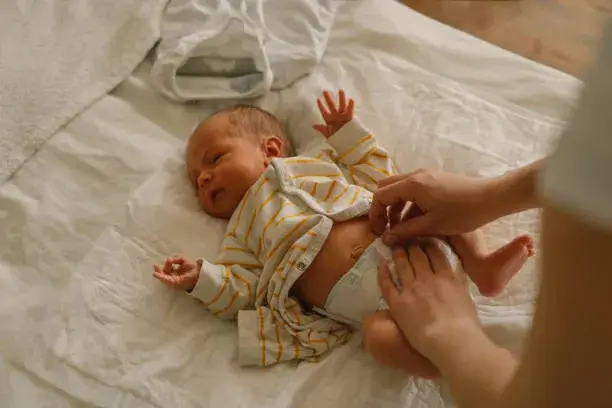
Diaper rash can cause discomfort and irritation for your baby. Here are some tips to prevent and treat diaper rash:
- Change Diapers Frequently: Change your baby’s diaper as soon as it’s wet or soiled.
- Keep the Area Clean and Dry: Use a gentle cleanser and pat the area dry with a soft cloth.
- Use Diaper Cream: Apply a thick layer of diaper cream to protect the skin.
- Choose Hypoallergenic Diapers: Opt for diapers free from fragrances, dyes, and chemicals.
- Give Diaper-Free Time: Allow your baby some time without a diaper to let the skin breathe.
How to Dispose of Diapers Properly

Proper disposal of diapers is important for hygiene and environmental reasons. Here are some tips:
- Roll Up Diapers: Roll up used diapers and secure them with the adhesive tabs.
- Use a Diaper Pail: Invest in a diaper pail with a tight lid to contain odors.
- Dispose of Diapers Regularly: Empty the diaper pail frequently to prevent odors and bacteria buildup.
- Consider Eco-Friendly Options: If using eco-friendly diapers, check if they are compostable or biodegradable and dispose of them accordingly.
Conclusion
Choosing the best diapers for your baby involves considering various factors like absorbency, fit, comfort, and environmental impact. Whether you prefer disposable, cloth, or eco-friendly diapers, there are plenty of excellent options available to meet your needs. By selecting high-quality diapers and following proper care and disposal practices, you can ensure your baby stays dry, comfortable, and healthy.
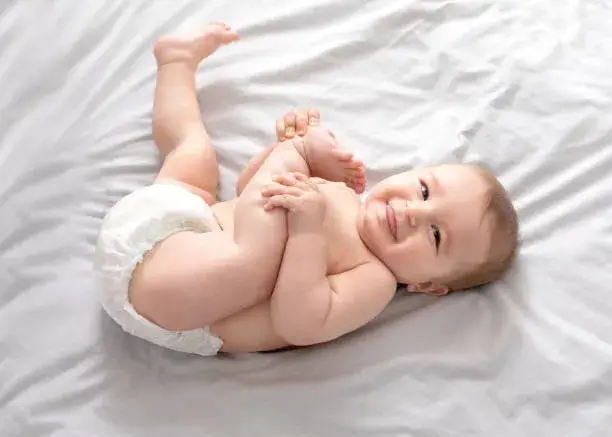
Investing time in finding the right diapers can make a significant difference in your baby’s comfort and well-being, as well as your overall parenting experience. With the right information and products, you can navigate the world of diapers with confidence and ease.
Note: This post contains Amazon affiliate links. If you make a purchase through these links, I may receive a small commission at no extra cost to you.


